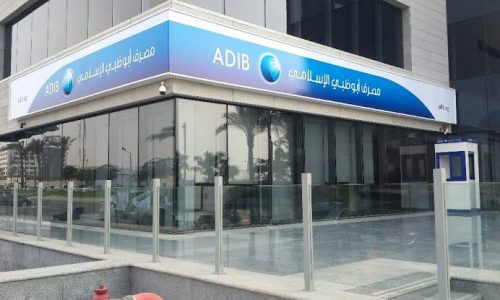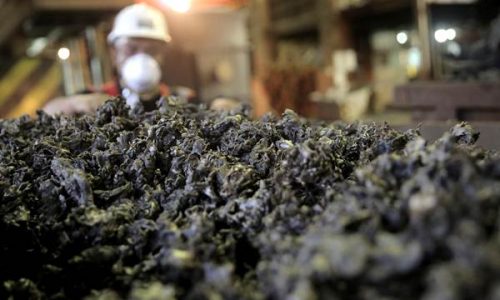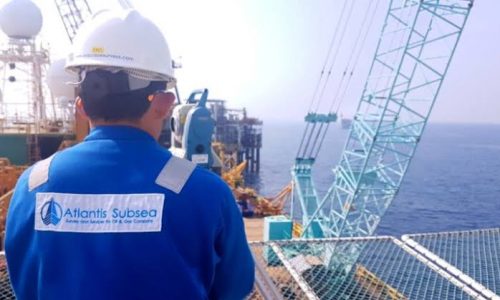The largest industrial area in East Java, Pasuruan Industrial Estate Rembang (PIER), welcomes South Korean investors through PT Cell Corp Indonesia, a company specializing in the cigarette industry.
Cell Corp plans to build a cigarette factory on a 10,000-square -meter area, with a total investment of US$5.5 million or IDR 81 billion. The company signed an Industrial Land Use Agreement with PT Surabaya Industrial Estate Rungkut (SIER), the operator of PIER, in Surabaya on Monday (22/5).
“We chose SIER because of its good access, complete utility availability, and also to get close to our company’s target market,” Cell Corp president director Yoo Jae Ho said, as quoted from the SIER press release.
According to SIER marketing and development director Silvester Budi Agung, Cell Corp is engaged in various aspects of the cigarette industry such as wholesale trade, cigarette seasoning and accessories, as well as hand-rolled cigarettes, and is set to make its mark at PIER.
To support its operations, the company plans to employ 30-50 people for its factory at PIER.
Indonesia’s lucrative cigarette market: a magnet for investment
Cell Corp’s investment showed that Indonesia is still an attractive market for the cigarette industry, even though there are already many players in the country.
According to Indonesian Tobacco Watch data, the Indonesian cigarette market is dominated by five players: Sampoerna, Gudang Garam, Djarum, British American Tobacco, and Nojorono.
There is also South Korea’s largest cigarette producer, Korea Tomorrow & Global Corporation (KT&G) that has been in the Indonesian market since 2011 by acquiring a local cigarette company.
Despite the Indonesian government’s increasingly stringent measures to reduce cigarette consumption, the country continues to boast a significant cigarette market.
The 2021 Global Adult Tobacco Survey (GATS) revealed a notable increase in the number of adult smokers, rising from 60.3 million in 2011 to 69.1 million in 2021.
However, despite this increase, the smoking prevalence in Indonesia actually decreased from 1.8 percent to 1.6 percent. This data highlights that Indonesian citizens collectively spend approximately IDR 64 trillion per year on cigarettes.
As a result, building a cigarette factory in Indonesia could be crucial in targeting the Southeast Asia market, considering that Indonesia is the largest tobacco producer in the region and the fifth largest in the world.
In 2022, exports of processed tobacco products, including kretek cigarettes, processed tobacco, cigarettes, and other cigars, surged by 17.54 percent, reaching 140,761 tons compared to the previous year’s 119,753 tons.
Notably, the largest share of these exports comprises kretek cigarettes, mostly shipped to Cambodia, the Philippines, Singapore, Malaysia, Japan, Vietnam, and Hong Kong.
Contrasting viewpoint: the complexities of Indonesia’s cigarette issue
It is important to note that the issue of cigarettes in Indonesia has its fair share of contrasting viewpoints.
One of the major contracts revolves around health risks associated with smoking. According to UNICEF Indonesia, tobacco is the second biggest risk factor for premature deaths and disability in Indonesia. There are 600,000 premature deaths annually due to exposure to cigarette smoke, 28 percent of which are children.
Another point of contrast is the issue of tobacco advertising and marketing practices. Critics argue that aggressive marketing strategies employed by the tobacco industry, including targeting youth and employing influential figures, contribute to increased smoking rates.
This is in line with the Global Youth Tobacco Survey in 2019 that shows about one in ten of the country’s 10-18 year olds are active smokers, which is one of the highest smoking rates among adolescents globally, and the number has continued to grow.
Regarding this, the government has also increased the cigarette excise tax by 12 percent, which was reportedly enough to reduce cigarette consumption, albeit insignificant.
The Finance Ministry reported that cigarette production in Indonesia reached 323.9 billion sticks in 2022, down 3.26 percent from the previous year’s 334.8 billion sticks. Excise duty rose ten percent again this year and will increase again by the same amount next year.







